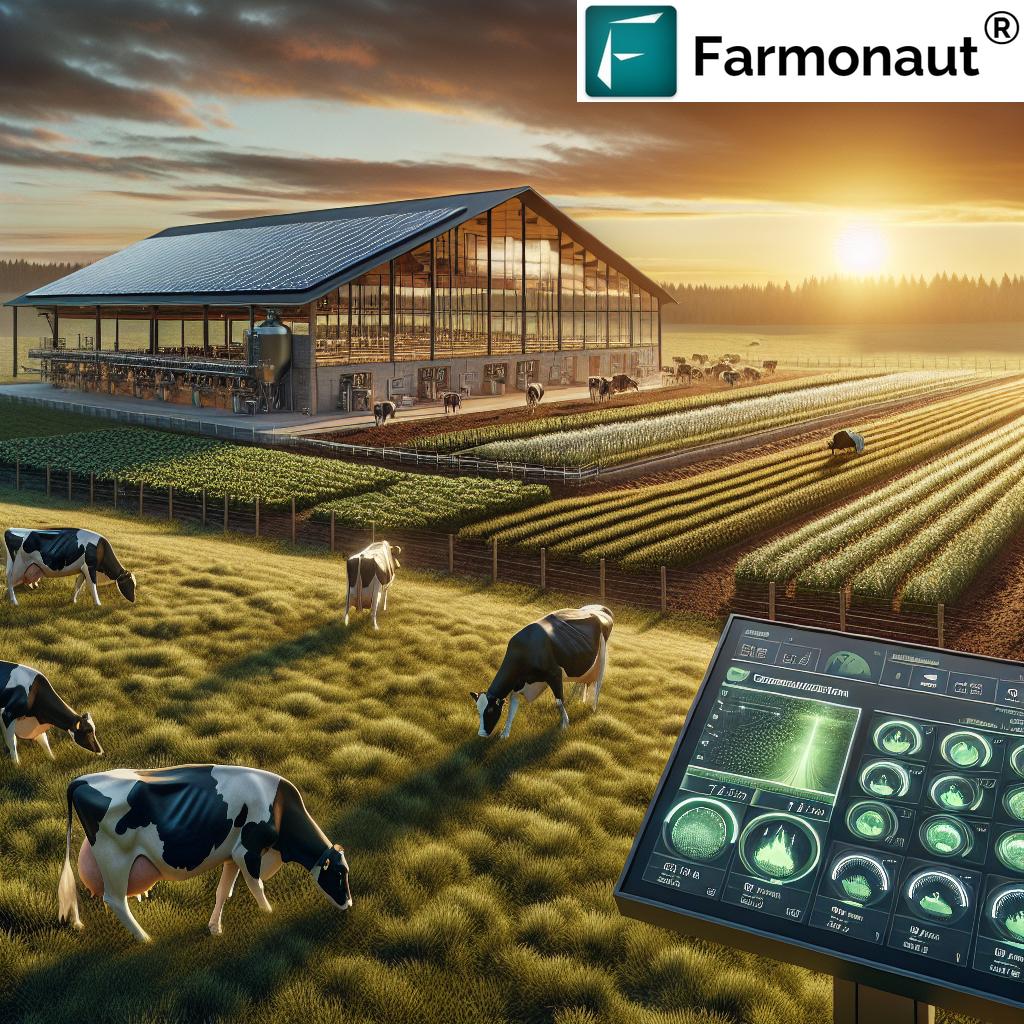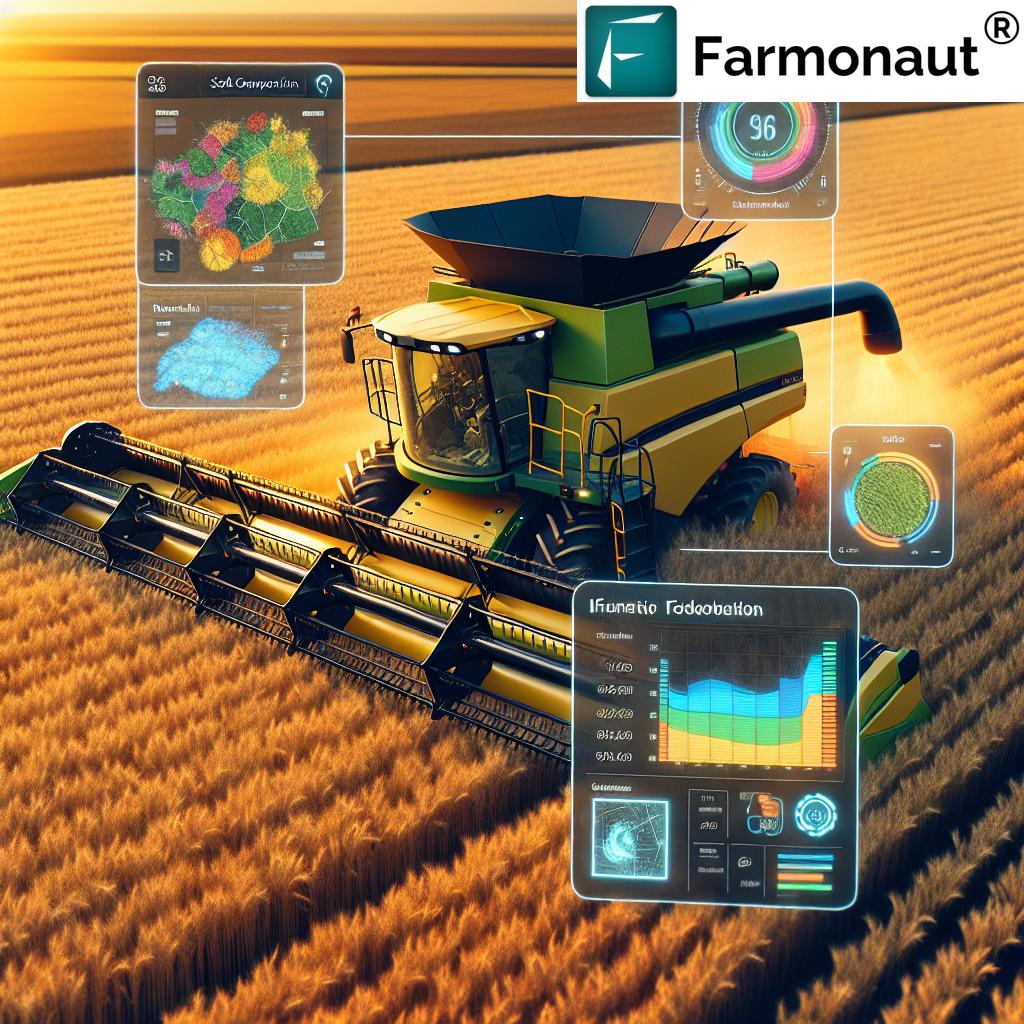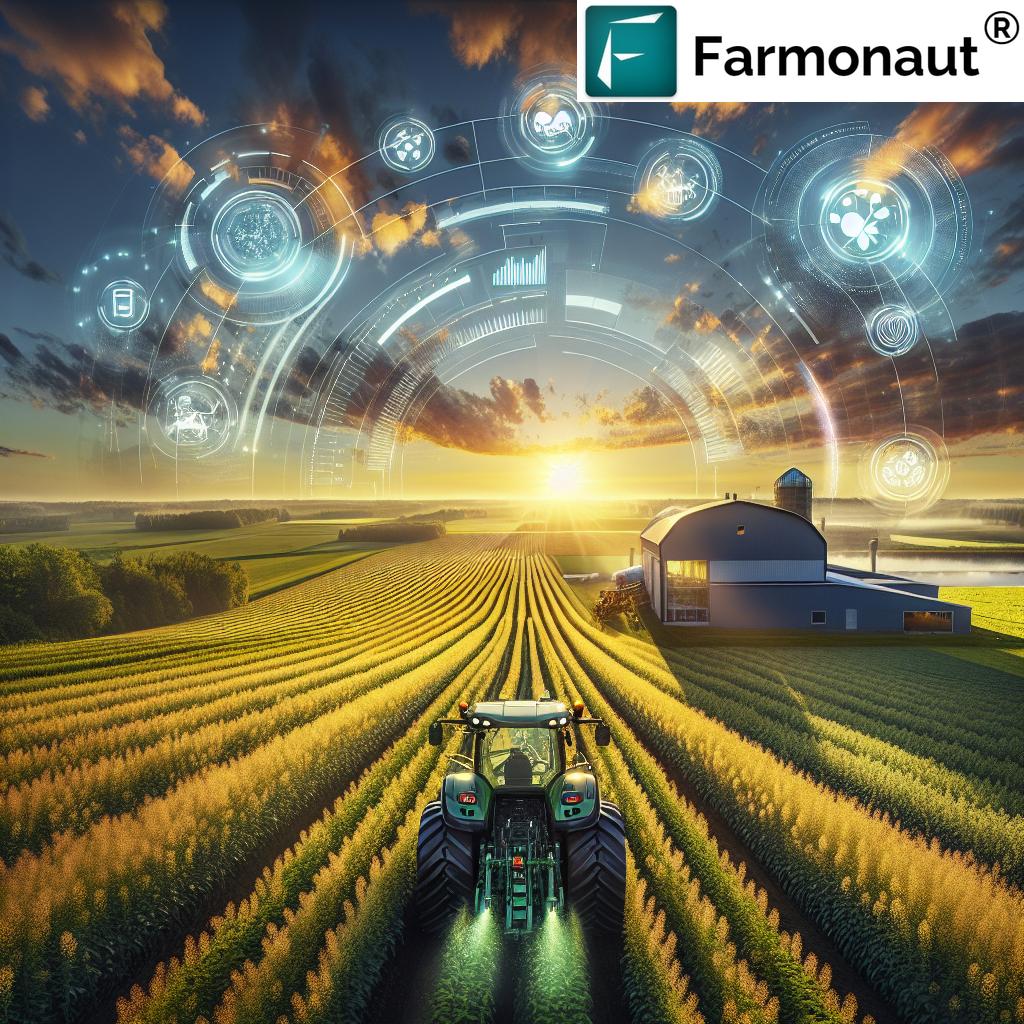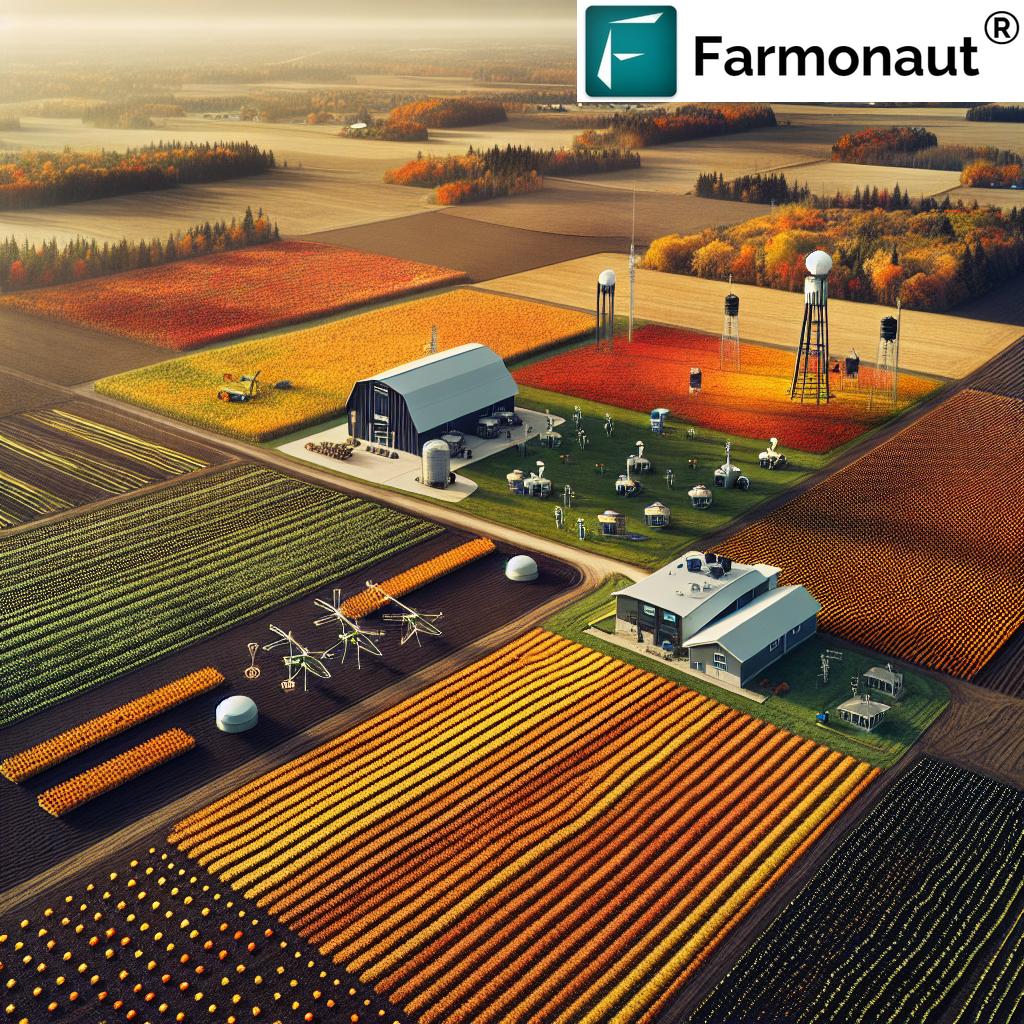2024 Challenges: Ontario and Québec Vegetable Processors Face Climate Change and Global Competition
“Ontario and Québec vegetable processors face a double threat in 2024: reduced contracts and climate change impacts.”
As we delve into the complexities facing the processing vegetable industry in Ontario and Québec, it’s crucial to understand the multifaceted challenges that growers and processors are grappling with in 2024. The industry, which has long been a cornerstone of Canadian agriculture, finds itself at a crossroads, confronted by both domestic and international pressures that threaten to reshape its future.
The Current Landscape of Processing Vegetables in Ontario and Québec
The provinces of Ontario and Québec have historically been powerhouses in Canada’s vegetable processing sector. Known for their fertile soils and favorable growing conditions, these regions have supplied a significant portion of the country’s processed vegetables, including beans, sweet corn, and peas. However, the landscape is rapidly changing, and the industry faces unprecedented challenges.
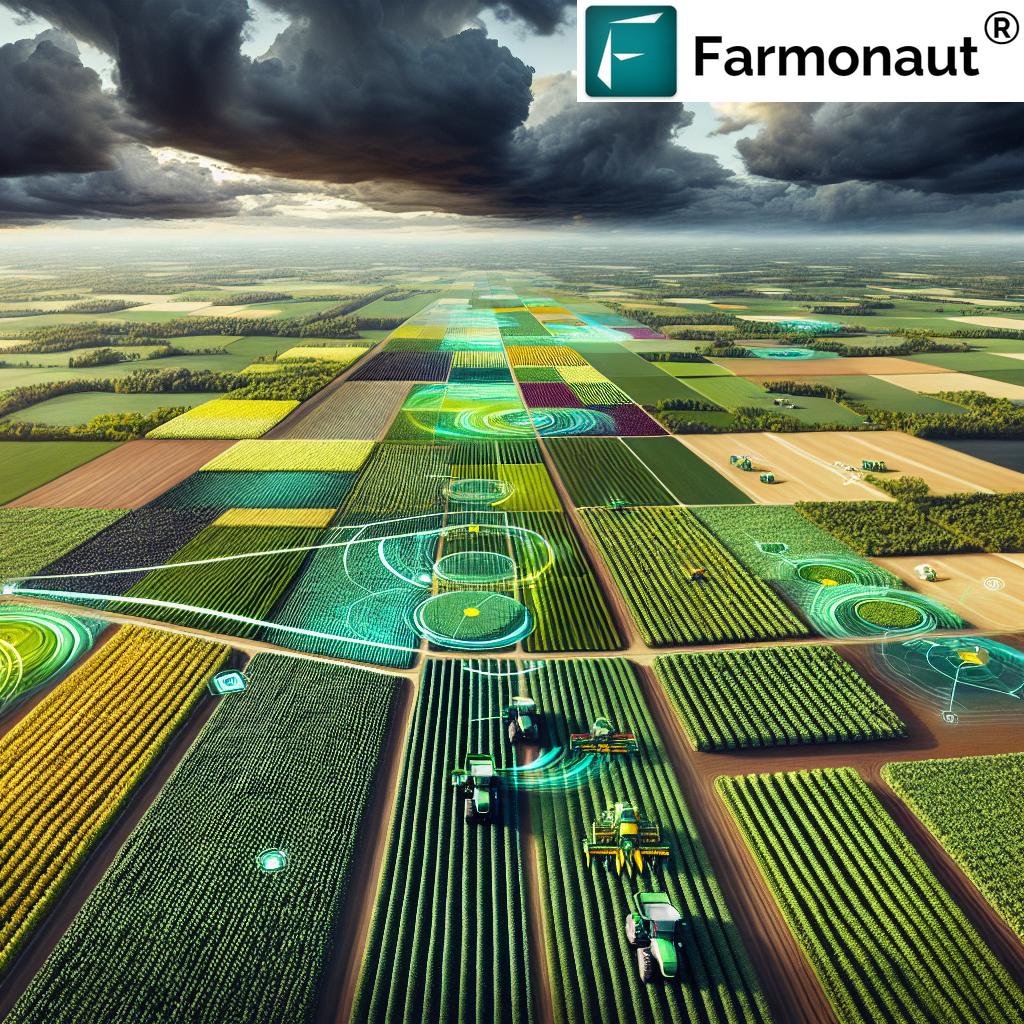
In recent years, we’ve witnessed a concerning trend of reduced contracts for key crops. This decline in contracted tonnage has sent ripples through the industry, affecting everyone from small-scale growers to large processing facilities. The reasons behind this contraction are complex and intertwined with broader global dynamics.
Climate Change: A Growing Threat to Crop Yields
One of the most pressing issues facing vegetable growers in Ontario and Québec is the impact of climate change. The climate crisis is no longer a distant threat but a present reality that is reshaping agricultural practices and outcomes.
- Unpredictable weather patterns
- Increased frequency of extreme weather events
- Shifts in growing seasons
- Changes in pest and disease pressures
These climate-related challenges have led to significant variability in crop yields, making it increasingly difficult for growers to meet contractual obligations consistently. Late frosts, early heat waves, and prolonged droughts have become more common, often wreaking havoc on carefully planned planting schedules and harvest expectations.
To address these challenges, many growers are turning to advanced technologies. Farmonaut, a leading agricultural technology company, offers satellite-based farm management solutions that can help growers monitor crop health in real-time and make data-driven decisions. By leveraging tools like Farmonaut’s platform, farmers can better navigate the uncertainties brought on by climate change.
Global Competition: The International Squeeze
While climate change poses significant local challenges, the global market dynamics are equally daunting. Ontario and Québec processors are facing intense competition from international players, particularly from countries like Belgium and France. These foreign competitors often benefit from lower production costs, different regulatory environments, and in some cases, government subsidies that allow them to offer processed vegetables at highly competitive prices.
The influx of imported processed vegetables has put pressure on local market share, forcing Canadian processors to reevaluate their strategies and cost structures. This international competition is not just a matter of price; it also involves quality, variety, and the ability to meet changing consumer preferences.
“Canadian consumers prefer domestic produce due to high food safety standards, despite increasing global competition.”
Consumer Preferences and Food Safety Standards
Despite the challenges posed by international competition, there is a silver lining for Canadian processors. Canadian consumers have shown a strong preference for domestically produced vegetables, largely due to the country’s stringent food safety standards. This consumer loyalty provides a crucial advantage for local growers and processors.
- High trust in Canadian food safety regulations
- Preference for locally grown produce
- Increasing awareness of food miles and environmental impact
- Support for local economies and farmers
However, this advantage alone is not enough to insulate the industry from global pressures. Processors must continue to innovate and adapt to maintain their competitive edge.
The Role of Technology in Addressing Industry Challenges
In the face of these complex challenges, technology emerges as a critical tool for the processing vegetable industry. Agritech solutions are increasingly being adopted to improve efficiency, reduce costs, and enhance crop management practices.
Farmonaut’s suite of tools, including satellite-based crop monitoring and AI-driven advisory systems, offers growers powerful means to optimize their operations. By providing real-time insights into crop health, soil moisture levels, and weather patterns, these technologies enable farmers to make informed decisions that can significantly impact yields and resource management.
Farmonaut API | API Developer Docs
Sustainable Agriculture Practices: A Path Forward
As the industry grapples with climate change and market pressures, the adoption of sustainable agriculture practices has become not just an environmental imperative but an economic necessity. Sustainable farming methods can help mitigate some of the impacts of climate change while also potentially reducing costs and improving crop resilience.
- Crop rotation and diversification
- Precision irrigation systems
- Integrated pest management
- Soil health management
- Reduced tillage practices
These practices not only contribute to environmental sustainability but can also help growers adapt to changing climatic conditions and improve long-term productivity.
Local Food Production Strategies
In response to the challenges posed by global competition and climate change, there’s a growing emphasis on developing robust local food production strategies. These strategies aim to strengthen the connection between local growers, processors, and consumers, creating a more resilient and sustainable food system.
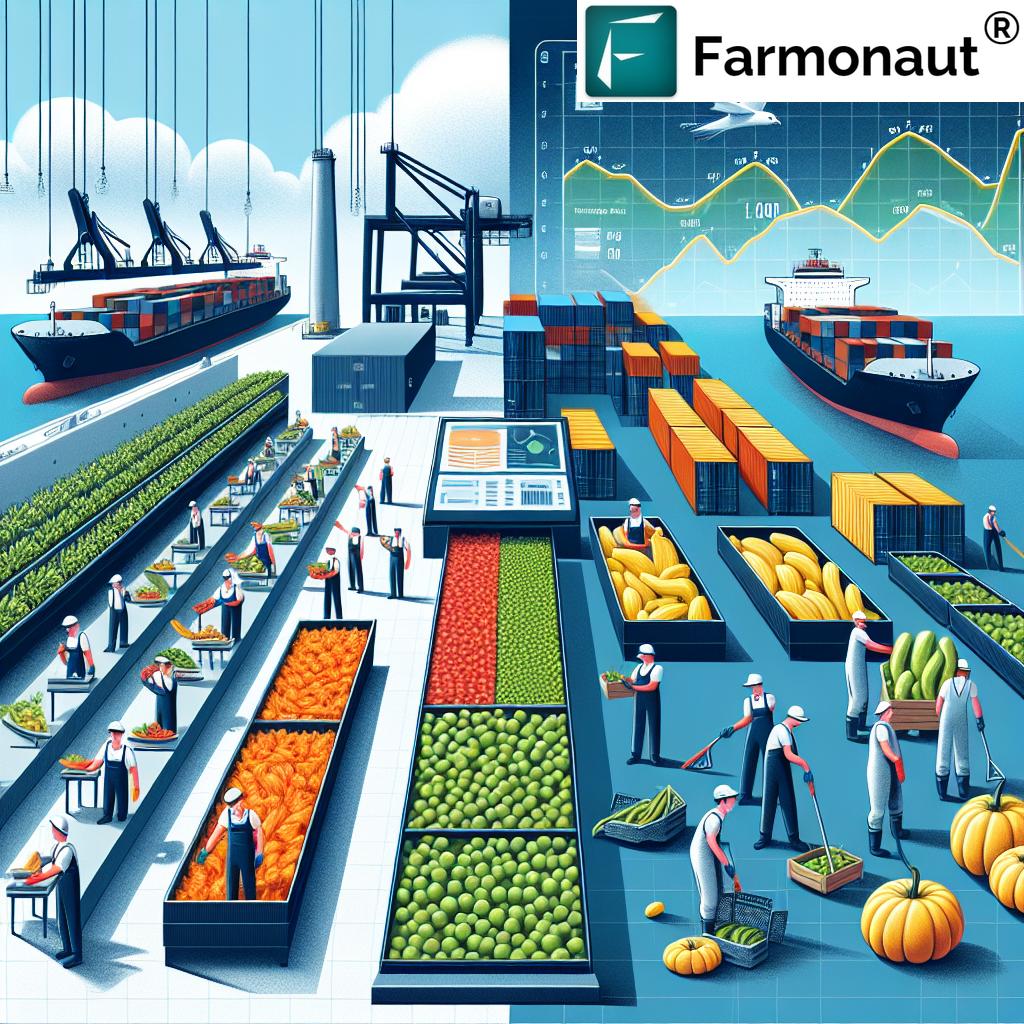
Key components of these strategies include:
- Developing local food hubs and distribution networks
- Promoting farm-to-table initiatives
- Encouraging greenhouse production to extend growing seasons
- Supporting urban agriculture projects
- Enhancing traceability and transparency in the supply chain
By focusing on these local initiatives, the industry can potentially reduce its vulnerability to global market fluctuations and build stronger connections with consumers who value locally produced food.
The Impact on Key Crops
To understand the full scope of the challenges facing the processing vegetable industry in Ontario and Québec, it’s essential to look at how specific crops are being affected. Let’s examine some of the main crops that have traditionally been the backbone of the industry in these provinces:
Beans
Green beans have long been a staple of the processing industry in Ontario and Québec. However, recent years have seen a decline in contracted acreage. Factors contributing to this include:
- Increased competition from imported frozen beans
- Climate-related yield variability
- Changing consumer preferences towards fresh or minimally processed options
Sweet Corn
Sweet corn remains a popular processed vegetable, but growers face challenges:
- Pressure to reduce pesticide use while maintaining quality
- Heat stress during critical growth stages due to climate change
- Competition from other sweet corn producing regions with longer growing seasons
Peas
Processing peas have seen fluctuations in contracted tonnage. Issues include:
- Narrow harvest window affected by unpredictable weather patterns
- Increased pest pressures due to milder winters
- Competition from plant-based protein alternatives in the market
Squash and Butternut Squash
While not traditionally a major processing crop, squash and butternut squash have seen increased interest from processors due to their versatility and storage capacity. However, challenges remain:
- Labor-intensive harvesting process
- Susceptibility to certain fungal diseases exacerbated by changing climate conditions
- Market competition from imported squash products
Building Agricultural Resilience
In the face of these multifaceted challenges, building agricultural resilience has become a top priority for the processing vegetable industry in Ontario and Québec. This resilience is not just about weathering current storms but about creating a robust and adaptable industry that can thrive in the face of future uncertainties.
Key strategies for building resilience include:
- Diversification of crop varieties and production methods
- Investment in water management and irrigation infrastructure
- Adoption of precision agriculture technologies
- Development of climate-resilient crop varieties
- Strengthening of local and regional food systems
Technologies like those offered by Farmonaut play a crucial role in this resilience-building effort. By providing growers with real-time data and insights, these tools enable more precise and adaptive management practices.
The Role of Government and Industry Collaboration
Addressing the challenges facing the processing vegetable industry requires a collaborative effort between government bodies, industry associations, and individual growers and processors. Some key areas of focus include:
- Research and development funding for climate-resilient crop varieties
- Support for the adoption of sustainable and precision agriculture practices
- Trade policies that protect domestic producers while maintaining competitiveness
- Programs to encourage young farmers and support succession planning
- Investment in rural infrastructure to support the agricultural sector
Consumer Education and Marketing
As the industry adapts to these challenges, consumer education and marketing will play a crucial role in maintaining and growing market share for locally processed vegetables. Key strategies include:
- Highlighting the quality and safety standards of Canadian processed vegetables
- Educating consumers about the environmental benefits of locally produced food
- Promoting the nutritional value of processed vegetables
- Developing innovative packaging and product labels that appeal to modern consumers
- Leveraging social media and digital marketing to connect with younger consumers
The Future of Processing Vegetables in Ontario and Québec
As we look ahead to the future of the processing vegetable industry in Ontario and Québec, it’s clear that significant challenges lie ahead. However, with challenges come opportunities for innovation, adaptation, and growth. The industry’s ability to embrace new technologies, sustainable practices, and changing consumer preferences will be crucial in determining its long-term viability and success.
Key factors that will shape the industry’s future include:
- Continued investment in research and development
- Adaptation to climate change through resilient farming practices
- Strengthening of local food systems and supply chains
- Embracing digital technologies and data-driven agriculture
- Developing new products that meet evolving consumer demands
Comparative Analysis of Processing Vegetable Industry Challenges
| Challenge Category | Description | Impact on Local Industry | Potential Solutions |
|---|---|---|---|
| Climate Change | Unpredictable weather patterns, extreme events | High | Adopt climate-resilient crops, Implement precision agriculture |
| Global Competition | Increased imports from Belgium, France | Medium | Focus on quality, Emphasize local production benefits |
| Reduced Contracts | Declining contracted tonnage for key crops | High | Diversify crop portfolio, Explore new market opportunities |
| Market Dynamics | Changing consumer preferences, price pressures | Medium | Innovate product offerings, Enhance marketing strategies |
Conclusion
The processing vegetable industry in Ontario and Québec stands at a critical juncture. Faced with the dual challenges of climate change and global competition, the industry must adapt and innovate to ensure its continued vitality. By embracing sustainable practices, leveraging advanced technologies, and focusing on local strengths, growers and processors can navigate these turbulent times and emerge stronger.
As we move forward, the resilience and adaptability of the industry will be put to the test. However, with the right strategies, investments, and collaborations, the processing vegetable sector in Ontario and Québec can continue to play a vital role in Canada’s agricultural landscape, providing high-quality, sustainably produced vegetables to consumers across the country and beyond.
Frequently Asked Questions (FAQ)
- Q: How is climate change specifically impacting vegetable processing in Ontario and Québec?
A: Climate change is causing unpredictable weather patterns, more frequent extreme weather events, and shifts in growing seasons. This leads to variability in crop yields, making it challenging for growers to meet contractual obligations consistently. - Q: What advantages do Canadian processed vegetables have over imported products?
A: Canadian processed vegetables benefit from high food safety standards, which are highly valued by domestic consumers. Additionally, there’s a growing preference for locally produced food due to concerns about food miles and supporting local economies. - Q: How are technologies like those offered by Farmonaut helping vegetable growers?
A: Farmonaut’s satellite-based farm management solutions provide real-time crop health monitoring, AI-driven advisory systems, and resource management tools. These technologies help growers make data-driven decisions, optimize resource use, and improve overall farm productivity. - Q: What sustainable agriculture practices are being adopted by vegetable growers in these provinces?
A: Growers are increasingly adopting practices such as crop rotation, precision irrigation, integrated pest management, soil health management, and reduced tillage. These practices help mitigate climate change impacts and improve long-term productivity. - Q: How can the processing vegetable industry in Ontario and Québec compete with international imports?
A: The industry can focus on emphasizing quality, food safety, and local production benefits. Additionally, investing in innovation, developing new products, and leveraging consumer preference for domestic produce can help maintain competitiveness.












